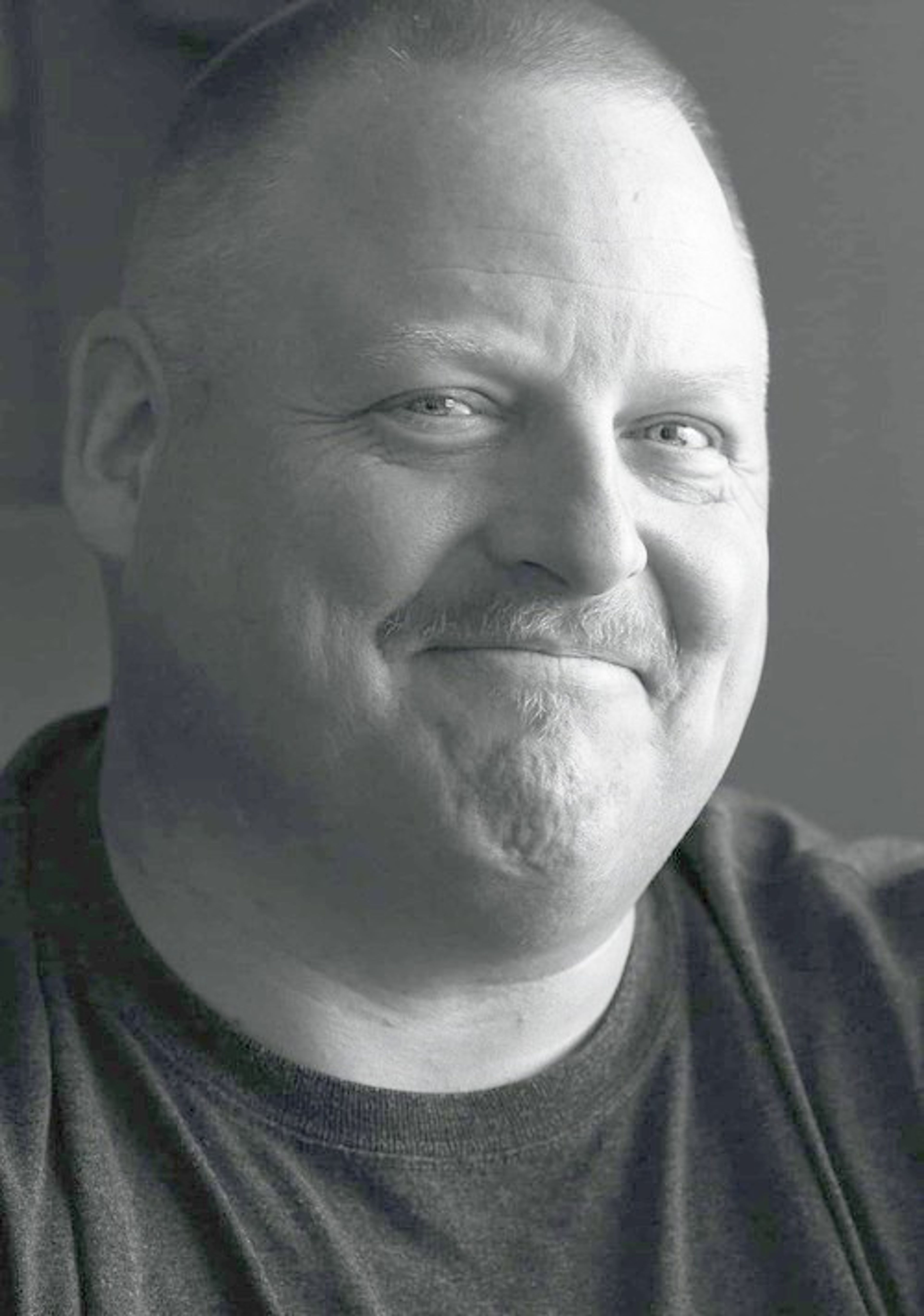Just northeast of Hornbrook, Calif., where the Klamath River bends westward toward its final resting place in the Pacific, stood the Iron Gate Dam. After decades of activism and 25,000 truckloads of dirt, the Iron Gate Dam is no more.
The dam’s removal along with three others along the Klamath means that some 400 miles of fresh mountain waters will flow unleashed as they had for thousands of years. It is the largest dam removal project in U.S. history.
Klamath tribal members were there, side-by-side non-tribal environmental activists and local government leaders to hug and cry and to finally exhale together. As they bore witness, we citizens too bear witness to something more than the restoration of a river’s memory along with the encoded memory of chinook and coho salmon; this is a renewal, dare I say a “making America great again.”
In October of last year, chinook were seen where they haven’t been seen for over a century: 200 miles from the Pacific along a stretch of the Klamath Basin. Great, majestic again. How very patient they were!
Considering our society’s deep fragmentation, this episodic coming-together is worth savoring. It was practically yesterday, a mere 50 years before the first of these Klamath dams were erected in the name of opening the West to America’s Manifest Destiny, that California Gov. Peter Burnett enlightened the voters about progress: “A war of extermination will continue to be waged between the two races until the Indian race becomes extinct.” In those terms, the genocide that followed was nearly complete, but not limited to the Native peoples — there was their way of life to consider; the salmon too must be disregarded.
So why not hold hands, exhale together; these free-flowing waters are a thing to celebrate. In 2014, the Elwha River too was cleared of dams. Salmon there are recolonizing a 70-mile stretch, resuming a life that had always been. “It’s a wonderful marriage of tribal traditional ecological knowledge and western science,” said Mark Bransom, CEO of the Klamath River Renewal Corp., the nonprofit entity created to oversee this recent project. This is a joint stewardship of state, local and tribal organizations.
Is the federal government and its newly crowned King also rejoicing?
While we are in the midst of a Christian Nationalism seeking to take root in Washington, D.C., we also live in the midst a decidedly different (I would like to think complementary), Native people’s view, through epochs that weave a far longer thread. “The river is our church,” says Kenneth Brink, vice chairman of the Karuk Tribe, “and the salmon is our cross,” combining and elevating metaphors. And at this crossroads salvation is possible.
Numerous organizations now join in the work of replanting plant species — about a hundred native to the terrain — in the now-bare soils that had been cloaked by reservoirs; woolly sunflower, Idaho fescue and blue bunch wheat grass among them. In soils that were snatched by the powers of eminent domain from the Shasta, from the Yurok, to electrify Siskiyou County. The tribes describe the process as a “cultural revitalization,” a return to sacred ceremony. A set of values that the recently formed California Truth and Healing Council will be attempting to grasp in their listening.
In all this talk of restoration and sacredness and salmon, where are the hotels and golf courses to be constructed?
I have nothing against golf. I used to be a player myself. The question is a valid one though, because as a society we have moral choices to make that are becoming ever starker. The drill-baby-drill slogan is embedded in an anthropocentric ethic that begins by placing human conveniences and pleasures above all else. Dominion and control over an otherwise wild, erratic natural world is the cornerstone not only what led to the construction of dams and golf courses, but also undergirds current policy at 1600 Pennsylvania Avenue. Velvety, vibrant putting greens and clubhouses that serve quarter pounders and Diet Coke. (Trump envisions beachside resorts and golf courses in Gaza as well.)
I do not believe that martinis at the 19th hole will do anything to alleviate the misery of the masses, and certainly won’t help the salmon. Yet now, we know that some salmon are rejoicing and some of us are grateful for that.
After years of globetrotting, Todd J. Broadman finds himself writing from his perch on the Palouse and loving the view. His policy briefs can be found at US Resist News: https://www.usresistnews.org.








